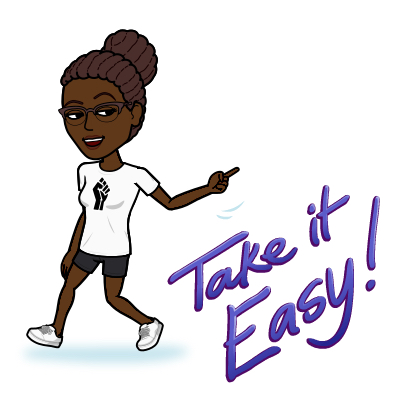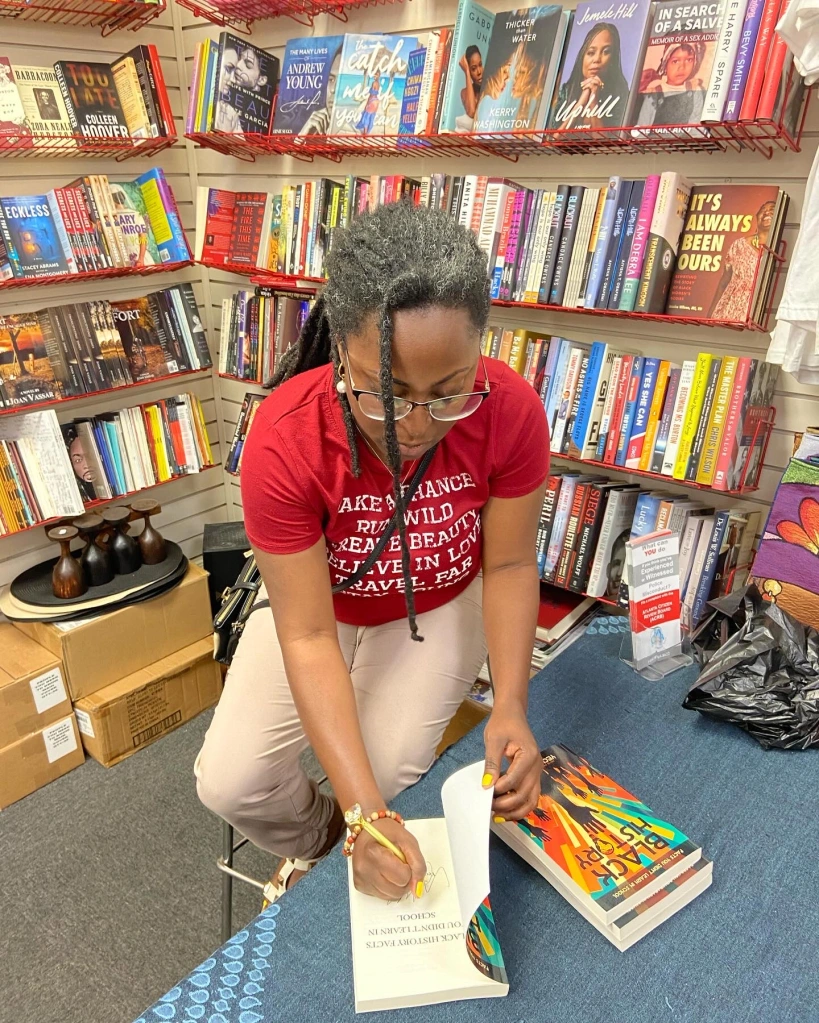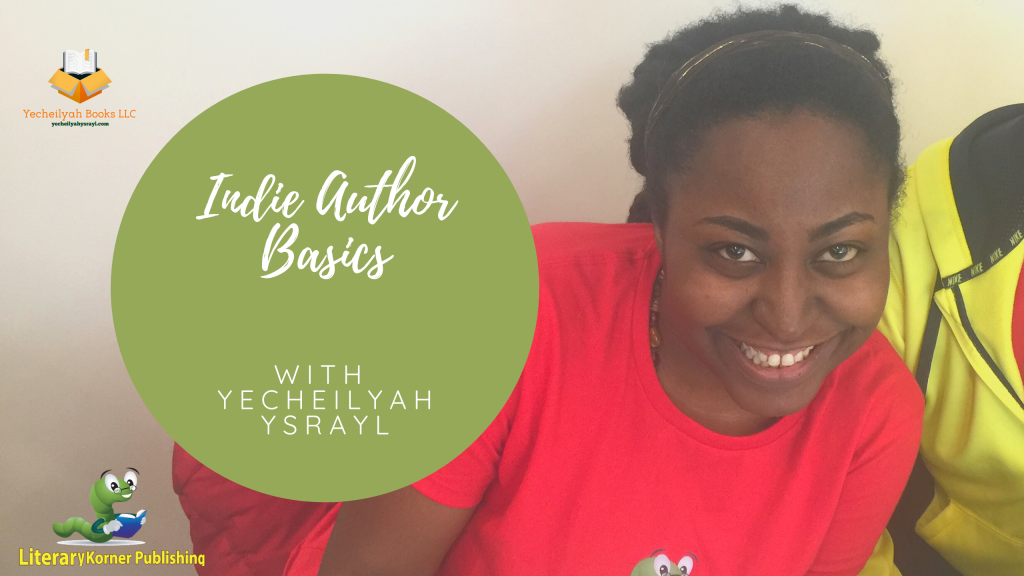In my years of consulting with authors and working with them on their books, I’ve discovered that the most difficult challenge for many is not writing the book (many of them have been writing their entire lives) but finding innovative ways to market and promote it.
With so many hats to wear, the last thing an Indie Author wants to do is strategize about how to promote their book day in and day out.
And you know what? We don’t have to!
Everything does not have to be part of some grand strategy that only a rocket scientist could understand. The secret to wisdom is often in its simplicity.
Considering it as relationship-building and connection-making rather than marketing and promotion could help you focus on the reasons behind your book. It involves thinking up creative ways to draw in and hold the interest of those who are already searching for solutions to the problems your books address.
Not only can these connections help you meet new people who buy books, but you might also find a business partner or lifelong friend.
Since your identity as an author is heavily influenced by who you are personally, it might be beneficial to present your individuality and draw on real-world experiences to engage readers on a deeper level.
Dr. Jackie Walters does this well.
Award-winning OB/GYN and star of the hit TV show Married to Medicine on Bravo, I reviewed her book a few years ago. The Queen V: Everything You Need to Know About Sex, Intimacy, and Down There Health Care goes into detail about our precious lady parts and all the ways to stay healthy. She has these videos where she reveals something informative about the vulva, sex, and intimacy.

Here’s the important part: She only sometimes mentions her book in these videos! Sometimes, she’ll just have it sitting to the side, or it won’t be in the shot at all.
Dr. Jackie understands her expertise, and by educating her people and entertaining them with her props (she uses fruits and everything, chile), people are increasingly interested in her topic and her book without her mentioning it in every post.
She just shows up as herself.
In the end, we must show people why they should buy our book, not just that they should. This builds genuine connections and strong relationships that help our books to sell without stressing us out.














